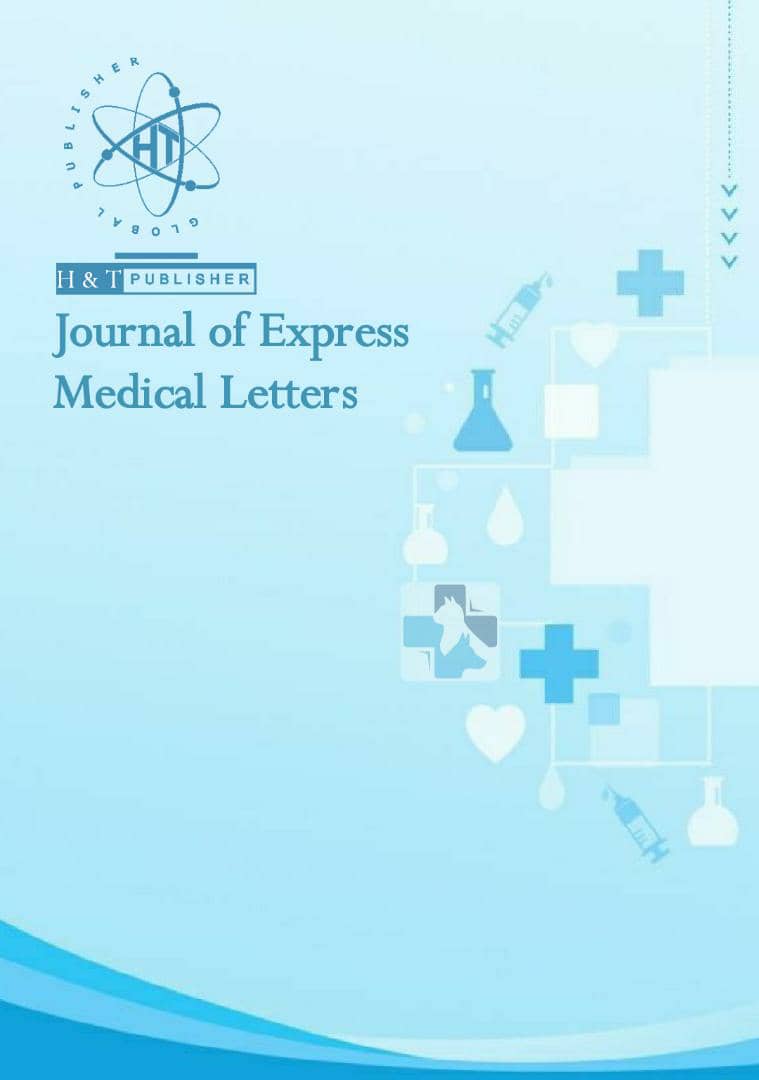


Biological soil stabilization is a new method in soil resilience against erosion. In this study, a bacterium producing urease enzyme with the scientific name of (Sporosarcina pasteurii) with the ability to precipitate in soil pores was used. To evaluate the effectiveness of bacteria, soil shear strength with a vane cutting machine was used. Treatments included soil type, bacterial concentration, storage time, re-injection with an interval of six days and the effect of environmental conditions on bacterial yield and the amount of shear strength. The results show that the shear strength of soils improves significantly over time. The highest shear strength in carbonate sand and then silica sand with a more proper grain size distribution, 0.64 and 0.39 kg / cm2, were obtained. The best state of equilibrium between nutrients and the number of bacteria in this study was observed at a light density of 1.5. The results showed re-injection has an increasing effect on the strength of samples, especially in silica sand, by 55% compared to a single injection.